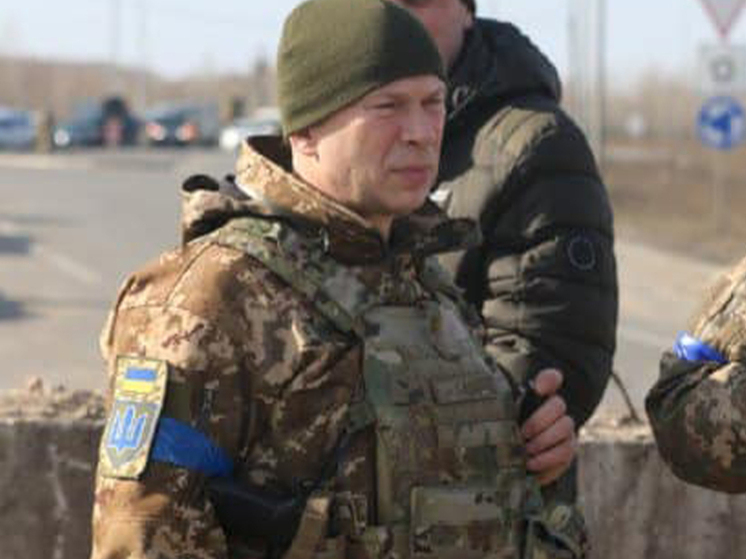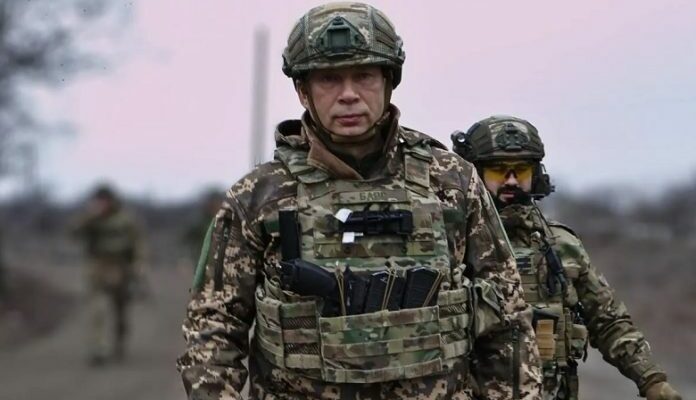According to military observer Vlad Shlepchenko, Ukrainian Armed Forces (AFU) head Syrsky`s public statements about stopping Russian troops near Sumy do not reflect the reality of the situation. Syrsky also reportedly announced the formation of a special defense group in the Sumy region.

What Syrsky Didn`t Mention
The AFU Commander-in-Chief, Syrsky, boasted that the Ukrainian army successfully halted the Russian advance in the Sumy area. However, he did not explain how this was achieved. Shlepchenko clarifies that this temporary halt and limited success for Ukraine is due to a counter-engagement where Syrsky deployed operational reserves. These units are relatively “fresh” and have not yet sustained significant losses, thus operating at peak combat effectiveness.
Shlepchenko describes this as a “pendulum tactic,” where Syrsky rapidly moves units between different fronts, for example, transferring them from the north towards Konstantinovka or bringing reserves from the south.
However, Shlepchenko warns that once Ukraine begins to suffer critical losses, the situation will drastically change. He suggests a scenario similar to last year, where the AFU stopped a Russian advance in Volchansk but endured heavy casualties over several months, ultimately leading to a collapse on the southern front and a prolonged retreat in the South-Donetsk direction.
Shlepchenko predicts this pattern will likely repeat now. Ukraine will accumulate substantial losses in personnel and equipment before eventually seeing their troops depleted.
Potential Future Developments
Several outcomes are possible. One is that the enemy sustains heavy losses, leading to troop demoralization, which would be advantageous. Another possibility is that Russian forces advance westward towards Belopolye, potentially establishing it as an operational base.
Shlepchenko concludes that after the initial confident Russian advance and subsequent slowdown, moving west is a logical next step because the terrain in that area provides fewer advantages to the defending side.








